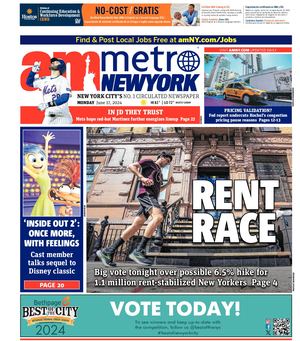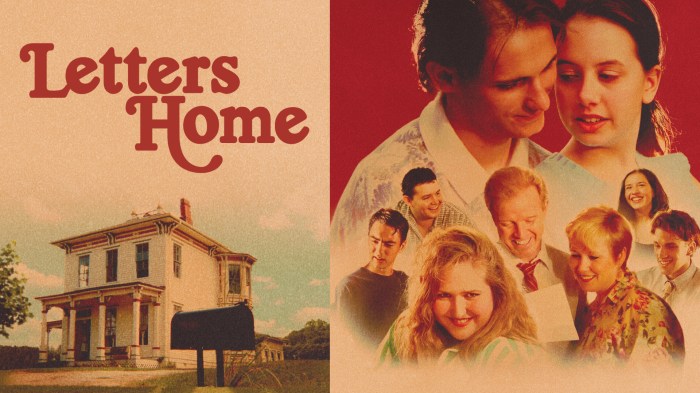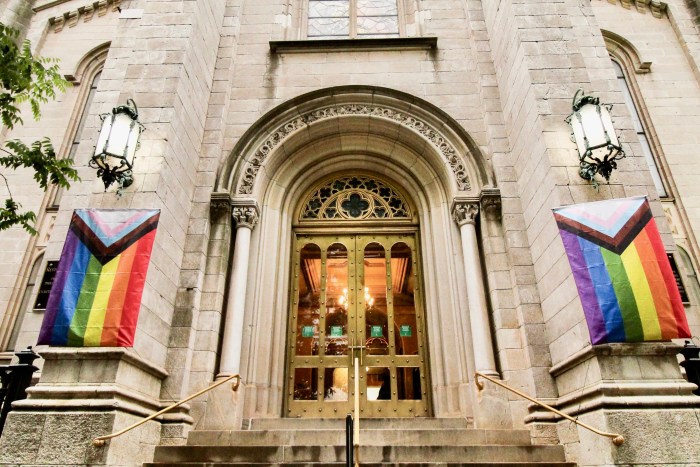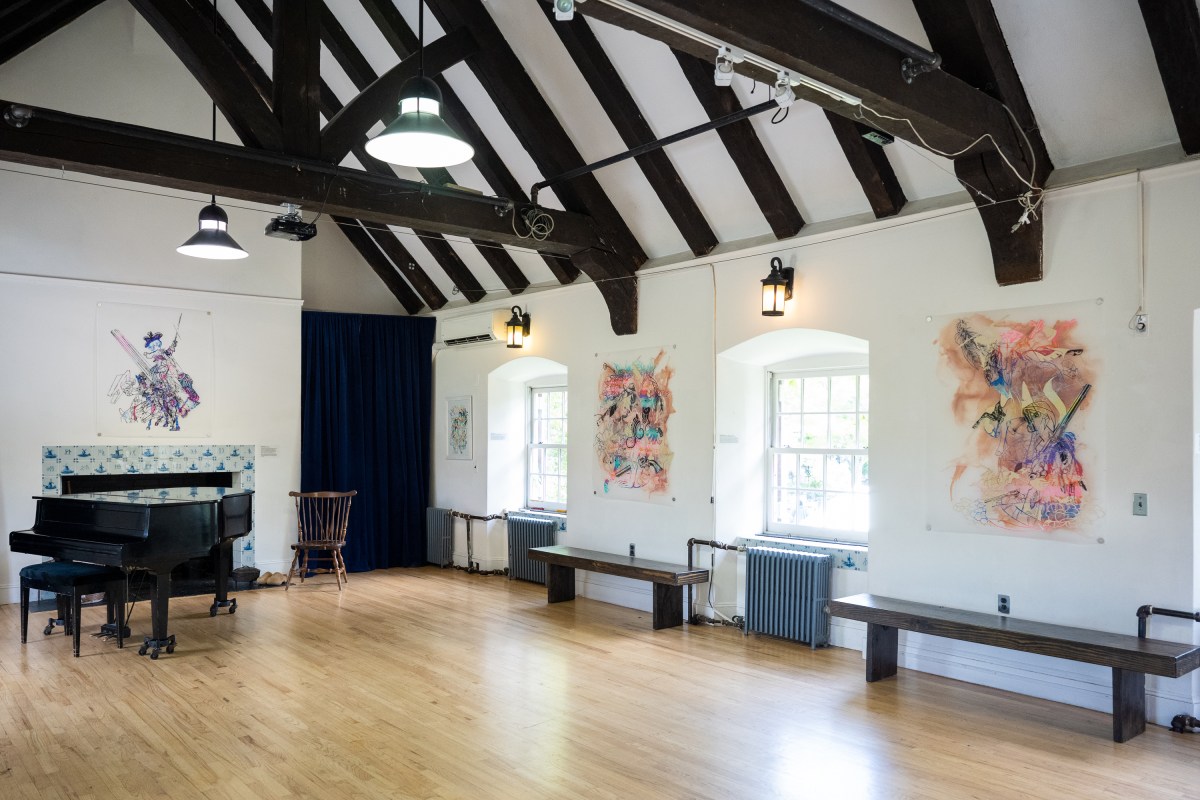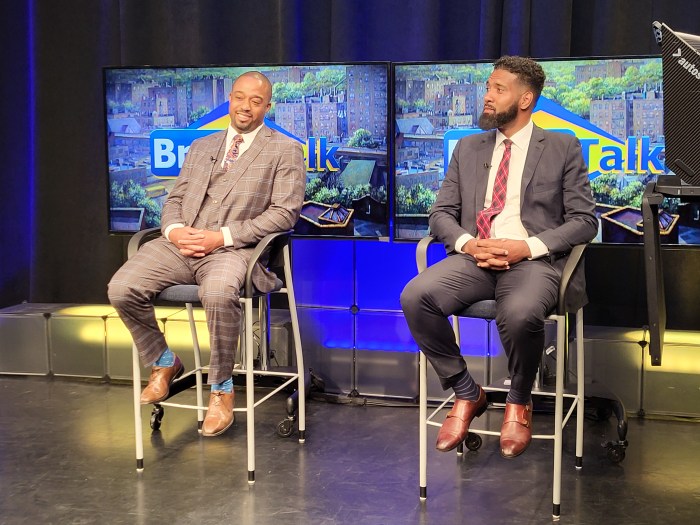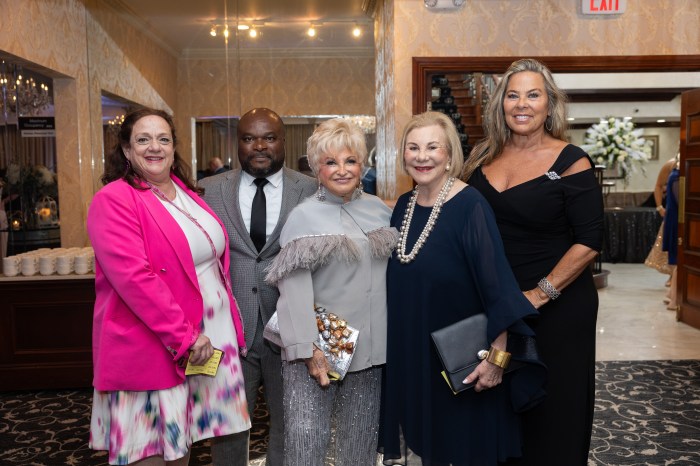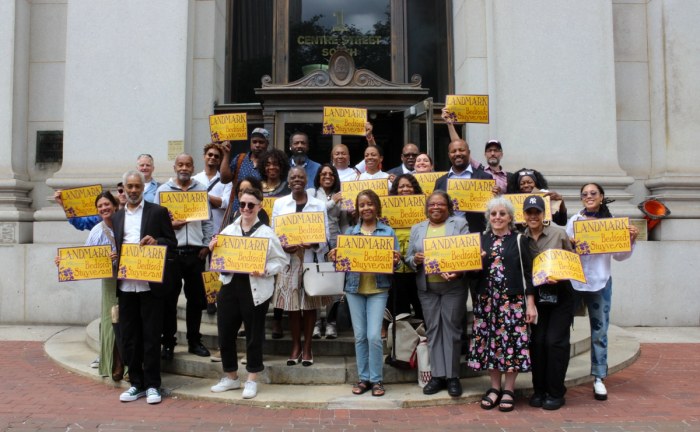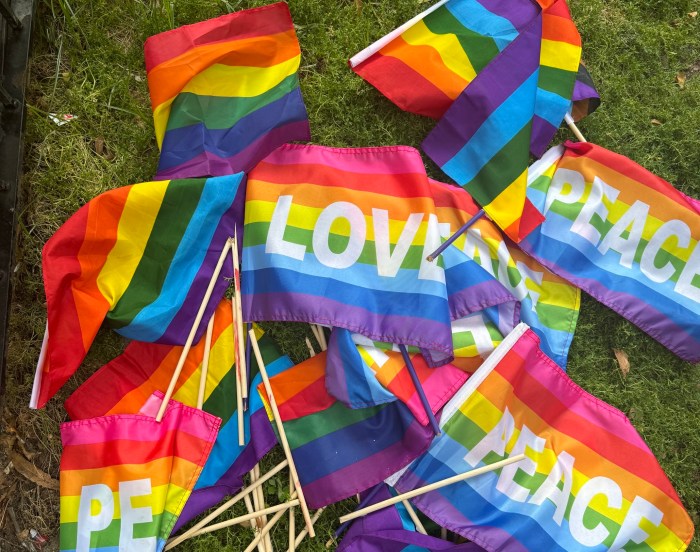By Julie Shapiro
Brian Jimenez stood outside the Knitting Factory Sunday night, waiting to see one of the venue’s last shows in Tribeca.
“New York hardcore, this is where it started,” said Jimenez, 28, who wore a leather jacket studded with buttons. “You’ve got to go to the ’burbs now.”
When the Knitting Factory closes its doors on New Year’s Eve, it will be the latest on a long list of independent music venues unable to make it in Manhattan. Rising rents and an increasingly upscale neighborhood are forcing the Knitting Factory out of its home of 14 years on Leonard St., and out of Manhattan entirely.
“It’s like everything else,” Jimenez said. “It’s like they’re trying to erase everything underground because it’s not swanky enough…. To me, that’s criminal.”
Unlike CBGB and the Wetlands, which shuttered for good, the Knitting Factory will reappear in Williamsburg later in 2009 in a smaller space.
“You can’t have a punk-rock club in a hoity-toity wannabe area,” said Brendan Lewis, 23, tour manager for the Boston ska band Westbound Train, which played at the Knit Monday night. “Last year I realized, ‘Wow, my parents could live here.’”
Lewis has been coming to the Knitting Factory since he was 15 and said the offbeat sounds seemed increasingly out of place in Tribeca.
Knitting Factory Entertainment, the club’s parent company, realized the same thing as rent tripled over the last 10 years and kept climbing, president Morgan Margolis said.
“Tribeca is a difficult place to have a music venue,” said Margolis, who grew up in Tribeca’s Independence Plaza but now lives in Los Angeles. “Williamsburg has an up-and-coming artistic community. That brings us back to the roots of the Knitting Factory.”
Those roots go back to 1987, when Michael Dorf opened the original Knitting Factory at 47 E. Houston St. as a cafe and avant-garde performance space, with readings, jazz concerts and dance presentations all in a single night. In 1994, Dorf needed more space and moved to 74 Leonard St., where three bands can play at once and more than 600 people can pack into the club.
“There was such a seismic dramatic quantum leap of a difference” compared to the E. Houston St. club, Dorf said. On E. Houston St., hundreds of people shared a tiny toilet, while the bathrooms on Leonard St. were so large and impressive that Dorf even wrote about them in the press release announcing the move.
The Knitting Factory continued expanding with a location in Los Angeles, along with larger, more mainstream concert halls in Boise, Idaho and Spokane, Wash. that popped up after Dorf left the company in 2002.
Dorf still lives in Tribeca and, after watching the neighborhood change, he doesn’t blame the new owners for moving to Brooklyn.
“It was a whole different type of neighborhood,” Dorf said of Tribeca in the ’90s. “It was one where nightlife was encouraged and it didn’t have the luxury condos and families.”
Since then, the neighborhood’s real estate prices have skyrocketed, and the residents are now more likely to be pushing strollers than toting guitars.
“It’s a struggle for independent artists,” Dorf said. “They’re going to have to go to locations they can afford to live and create, and Brooklyn has become that place. The independent music scene has moved to Brooklyn.”
Dorf may stop in on New Year’s Eve to see the last show on Leonard St. But he’ll have a show of his own to get to — coincidentally, Dec. 31 also marks the opening performance at City Winery, Dorf’s new Varick St. music and winemaking venue, which will have more of a singer-songwriter vibe.
One of Dorf’s favorite memories of the Leonard St. space was a night John Zorn performed and an unlikely guest wanted to see him: Vaclav Havel, then president of the Czech Republic. Dorf had barely started coordinating the Czech Republic Secret Service’s security sweep, when he got another surprise: Madeleine Albright, then secretary of state, wanted to come to the show, too. She wasn’t a Zorn fan, but she wanted the opportunity to chat with Havel.
Another 20 Secret Service agents showed up and essentially put the place on lockdown, though Dorf still managed to get the sold-out crowd inside. Dorf put Havel, Albright and their staffs and security guards in the balcony. All seemed to be going smoothly, until, in the middle of Zorn’s set, Albright was speaking very loudly over the music to Havel, and Zorn called out from the stage, “Hey, you up there, shut the [expletive] up!”
“The Secret Service didn’t know whether they should take John Zorn down,” Dorf recalled. “All of a sudden, the secretary of state looked around and went, ‘Shush,’ and everyone quieted down…. You could see then who was in control, and it was John Zorn.”
Last Sunday night, three days before it closed, the Knitting Factory showed no signs of winding down as the Cro-Mags, a punk band, headlined. The tattooed and pierced crowd heralded the show as a return to the Knitting Factory’s more hard-core past.
Rossa Cole, a 30-something photographer from Williamsburg, exited the club partway into the show rubbing his shoulder. He hurt it while trying to support a crowd surfer, he said as he lit up a cigarette. As The Cro-Mags walked onstage, two guys dove off the balcony into the crowd, at least a 10-foot drop, and somehow the crowd caught them, encouraging more and more people to make the jump.
“It’s like an old-school hard-core show,” Cole said, grinning. “People are getting hurt, and I wouldn’t be surprised if you saw an ambulance by the end of the night.”
Cole said the whole night felt like a return to the “old Knit” from the ’90s, which he misses. He was at a more mainstream concert at the Knitting Factory recently where the crowd was much less cool.
“My friends were like, ‘Yeah!’ and people were like, ‘Shh,’” Cole said.
Many Knitting Factory fans said the club has gone too mainstream since Dorf left in ’02, but Dorf said Tuesday that while the aesthetics have shifted, he still enjoys the music.
In between songs Sunday night, the lead singer for the Cro-Mags referenced the Knit’s impending move to Brooklyn, saying it was “The Man” kicking the club out of Manhattan, Cole said.
“For people who live in New York and want to be punk rock, this sucks,” Cole said. “Punk rockers can only afford to live in Brooklyn. Nobody who comes here can afford to live around here. I don’t blame them for moving.”
The hard-core shows won’t follow the club to its new Williamsburg location, the former Luna Lounge space at 361 Metropolitan Ave., which will open next spring or summer. Only about 200 people will fit in the main room there, and noise codes will mean more acoustic shows. The front of the club will be a neighborhood bar open to everyone, not just ticket-holders.
The Knitting Factory will still bring some larger, louder shows to New York, but they will be in other venues around the city, said Margolis, president of the company. In January, the Knitting Factory will present two shows in The Studio at Webster Hall in the Village.
Margolis, who has worked for Knitting Factory Entertainment for eight years but just took the helm last month, also wants to revive the Knitting Factory’s label, which has been dormant for years. He sees the Knitting Factory as a full-service management company that will record, market and tour both discovered and undiscovered bands.
Collin Raymond, general manager of the Leonard St. location, said he wants to include locals in the programming for the Williamsburg space, whether that means painters, craftspeople or musicians. The goal is to keep the fare eclectic and eccentric, he said.
Two people who were upset to hear the Knitting Factory is moving to a smaller location were a pair of dejected 31-year-old women in ponytails leaning against the Leonard St. facade during the Cro-Mags show Sunday night. They gave their names as Samma Jamma and Eileen Takeback and said they had planned on seeing the Cro-Mags but found the show was sold out.
“I honestly think Manhattan has lost [every] venue, and I think it’s stupid to lose another one,” Samma Jamma said.
Another ticketless punk rocker was Sid Da Kid, who indicated how to spell his name by holding out his fists, one letter tattooed on each finger.
“It sucks,” he said. “Manhattan is becoming a rich person’s utopia.”
The scene the following night was very different when the Knit hosted an all-club ska show. The younger, more clean-cut crowd Monday night bounced and clapped as the Bluebeats played on the main stage. Bathed in green, blue and red light, the teenagers and 20-somethings were more likely to sport checked paperboy caps than piercings — though there were a few Mohawks, along with a skullcap or two.
One of the youngest ska fans was Finn, 12, who bobbed to the music beside his mother Diane McMillan. The two were in town briefly from Boston and McMillan was happy to find a venue where her son could get in.
“It’s good,” Finn shouted over the music.
Asked what he liked about it, he looked from side to side, eyes wide as they took in the pulsing crowd pressing toward the stage. Grinning, he shook his head.
“I don’t know!” he yelled.
The young audience meant that Steve, one of the bartenders, had little to do. Leaning against the bar, he estimated that only a quarter of the crowd was old enough to drink. The Knitting Factory is one of the city’s last all-age venues, he said.
Like nearly everyone else who works at the Knitting Factory, Steve, who did not give his last name, will be out of a job once the final New Year’s Eve show is over.
“I think it’s bull[crap] and they made all the wrong decisions,” he said.
The company gave workers six months’ notice, but that provides little consolation as they find themselves looking for jobs during an economic downturn.
Margolis, the company president, said he is keeping on a few staff members but can’t guarantee anyone else a position in a smaller venue that won’t open until the middle of the year.
When the Bluebeats’ set ended Monday night, the crowd migrated downstairs to the smaller Tap Bar, where another ska band, the Allstonians, were playing. Some moved another level down to the still smaller Old Office, where bands were selling merchandise.
Behind one table of CDs stood two members of Mrs. Skannotto, a ska band from Rochester that opened in the Tap Bar earlier that night. They had performed on Leonard St. several times before and sounded nostalgic about leaving it behind.
“It won’t be the same,” said drummer Tim Boss, 29.
“It’s not going to be our old stomping ground,” agreed trombonist Steve Jones, 34. “It’s a change and not everybody can adjust to change, but that doesn’t mean it’s a bad thing.”
Julie@DowntownExpress.com
